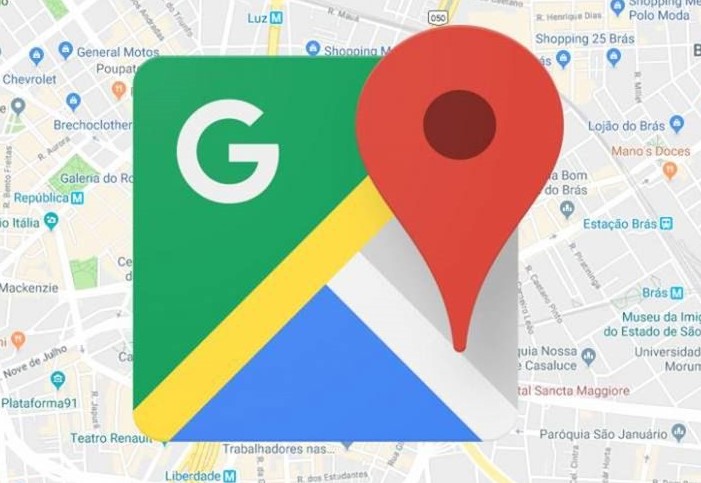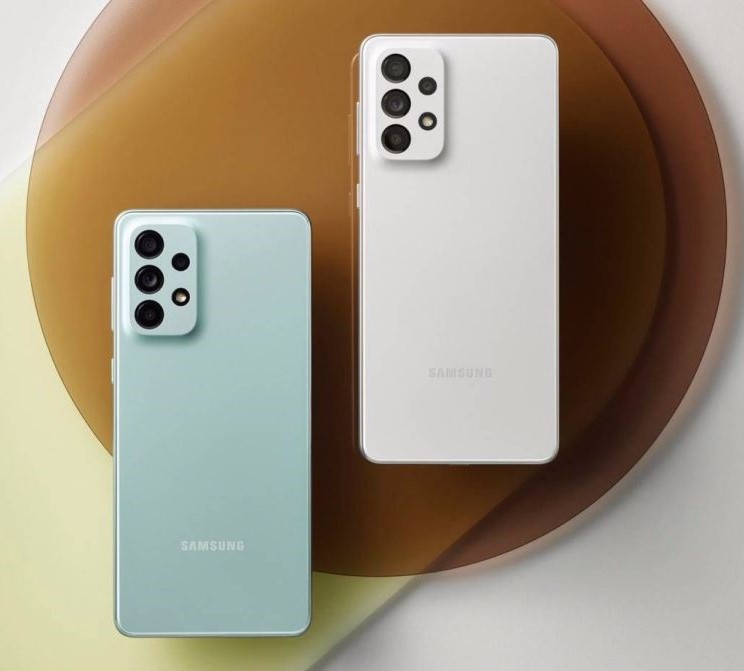Research shows serious security, privacy risks in smart homes
Our Bureau
San Francisco, CA
Google is introducing AI-powered upgrades to its Maps app. The new features include immersive navigation, easier-to-follow driving directions, and better organized search results, The Verge reported.
Google wants Maps to be more like Search: a place where people can obviously come get directions or find coffee shops and EV chargers but also enter vague queries like “fall foliage,” “latte art,” or “things to do in Tokyo” and get a whole bunch of actually useful hits. Google said it wants people to use Maps to discover new places or experiences, all while under the auspices of its all-powerful algorithm.
Chris Phillips, Vice President and General Manager of Geo at Google, stated that AI has “supercharged the way we map” and is crucial in assisting users with navigation and making vital choices.
The future of Google Maps, according to Phillips, is a product that’s more “visual and immersive” but also one that helps you make “more sustainable choices,” like riding transit or a bike. Google is also expanding its API offerings to developers, cities, and especially automotive companies, so they can tweak and improve Maps for the in-car navigation experience.
One of the ways Google is using AI to make Maps more like Search is to analyze “billions” of user-uploaded photos to help people find random items, like coffee shops that offer lattes with panda faces, said Miriam Daniel, Google Maps team leader. People can type specific questions into Maps, much in the way they do with Search, and get a list of results for nearby businesses or locations that match the query based on a real-time analysis of user photos. Meanwhile, researchers, have released ground-breaking research on the security and privacy issues raised by the increasing number of opaque and intricately designed Internet of Things (IoT) devices in smart homes.
Smart homes, which include a variety of consumer-focused IoT gadgets including smartphones, smart TVs, virtual assistants, and security cameras, are getting more and more networked. These gadgets can sense activity in our homes, which are the most private places we have, using cameras, microphones, and other sensors. Can we trust that the sensitive data that these gadgets in our homes have access to is being handled and protected in a safe manner? is an important question.
“When we think of what happens between the walls of our homes, we think of it as a trusted, private place. In reality, we find that smart devices in our homes are piercing that veil of trust and privacy–in ways that allow nearly any company to learn what devices are in your home, to know when you are home, and to learn where your home is.
These behaviours are generally not disclosed to consumers, and there is a need for better protections in the home,” said David Choffnes, Associate Professor of Computer Science and Executive Director of the Cybersecurity and Privacy Institute at Northeastern University.


























